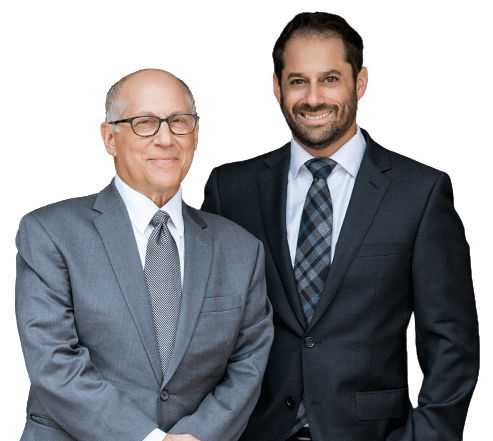Given the amount of devastation caused by your car accident, you need compensation sooner rather than later. If you don’t recover the financial resources that you need quickly, then you might struggle to offset your medical expenses and lost wages, thereby making it challenging to keep the roof over your head and food on the table.
But the value of your personal injury claim is going to depend a lot on the facts of your case. That’s why it’s crucial that you leave no stone unturned in the development of your personal injury claim. That said, there are some steps that you can take to try to maximize the value of your damages.
Tips for maximizing recovery in your personal injury case
If you want to ensure that you’re getting as much as you can out of your personal injury claim, then you need to be diligent about showing your losses. Here are a few ways that you can go about doing that:
- Follow your doctor’s treatment recommendations: After receiving treatment for your initial accident injuries, your doctor is probably going to make recommendations for follow-up testing, treatment, and care. You need to follow those recommendations, even if you feel like you don’t need them. If you forego those recommendations, then you’ll cut yourself short when it comes to recovering the compensation that you need and deserve because the defense will argue that you don’t need and perhaps don’t even want the treatment for which you’re claiming damages.
- Track your expenses: Although your medical records, hospital bills, and paystubs can go a long way toward helping you show the financial damage that’s been inflicted upon you, you should make sure that you’re being diligent so that you can recover the compensation that you need. So, make sure that you track every expense tied to your recovery so that you can claim it in your case.
- Consider expert witnesses: A lot of the damages that you’re going to seek are forward-looking. This makes them a little more difficult to prove. However, by having a medical expert, an employment expert, or both, you might be able to demonstrate the full extent of the losses that you’re about to experience, which can convince a judge or jury to award you what you’re owed.
- Watch what you say: Ohio is a comparative fault state, which means that your recovery can and will be reduced depending on the amount of fault that’s assigned to you, if any. And if you’re found to be more than 50% at fault, then you’ll be denied recovery altogether. Therefore, in the aftermath of your accident, you’ll want to be careful that you’re not saying anything that can be used against you as an admission of fault. Instead, you’ll want to stick the facts, say as little as possible, and avoid being apologetic.
- Keep a journal: Your non-economic damages are going to be extensive. But given the subjective nature of these losses, they’re a little harder to prove. But you can make it a little easier by keeping a journal of how your injuries have impacted your daily life so that you can more easily paint a picture for the judge and jury.
As you get deeper into your case you might find other ways to build your case, such as by talking to witnesses and anticipating and figuring out how to counter defense arguments. You just need to make sure that you’re being diligent with your case so that you know exactly how to position yourself for success.
Are you ready to build your personal injury case?
If so, then keep researching what it takes to build a compelling legal strategy in these types of cases. By doing so, you might be able to recover the compensation that you need to spur your recovery forward and put you on track to regaining control over your life.

